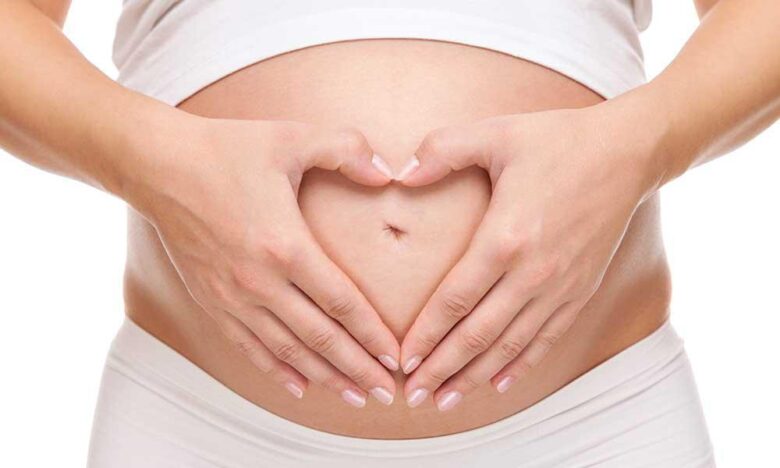Optimizing Your Chance of Pregnancy

Once you have decided to pursue pregnancy a good start is to do a self assessment to see if you need to medical assistance right away. Early testing can help find obvious causes of infertility so that appropriate treatment can be recommended to help you reach your goal quickly.
There are, however, certain things you can do improve your chance of success:
- Stop smoking and avoid second hand smoke- Studies have found that women who smoke tend to experience early menopause. Cigarette smoke contains thousands of harmful chemicals that can lead to high loss of eggs.
- Maintain a healthy weight. The Body Mass Index (BMI) is a measure of body fat based on height and weight. It’s much harder for the ovaries to respond to medication to ovulate when the BMI is above 32.
- Lower your stress level- This is easier said than done but stress can interfere in the brain’s release of signals that stimulate the ovaries. One can reduce stress by listening to music, light exercise, meditation or acupuncture.
- Try natural antioxidants- Antioxidants are molecules that neutralize certain byproducts of metabolism (free radicals) that can lead to cell damage. Antioxidants can protect the DNA of the egg from damage and have been shown to increase the fertilization rate in patients undergoing IVF. Blueberries, green tea and many vegetables are great sources of antioxidants.
- Try Coenzyme Q10- CoQ10 is a naturally occurring antioxidant present in most cells to mediate the chain reactions that make energy within the cell. Cellular division that occurs after fertilization requires lots of energy and it is believed that taking CoQ10 can help this process. Studies have shown that CoQ10 increased egg production and corrected chromosomal misalignment in old mice. Although no similar study has been conducted in humans, CoQ10 has been used by many women with low egg reserve without significant side effects. The usual daily dose is between 100 mg to 200 mg a day.
- Consume more Omega-3 fatty acid– Omega-3 is a type of fat normally found in marine plant oil and certain types of fish. It is known to decrease inflammation and is believed to improve blood flow to the uterus and promote implantation. Omega-3 is also important for the development of the fetal eye and brain. Many prenatal vitamins contain a sufficient quantity of Omega-3.
- Consider taking DHEA if you have low ovarian reserve- DHEA is an androgen precursor that can be converted to estrogen to help follicular growth. Taking 75 mg of DHEA a day for 5 months has been shown to increase the number of eggs collected in women with low ovarian reserve. But beware- too much local male hormones can inhibit the growth of the follicle. Women who already have high male hormone production from their ovaries (PCOS) should not take DHEA.
In summary, you can improve your odds of conceiving by adopting a healthy lifestyle (avoid smoking, maintain a good weight and reduce stress), consuming natural antioxidants and more omega-3, and if you have low egg reserve consider trying CoQ10 and possibly DHEA (please consult your doctor beforehand). It’s important to keep in mind, however, that your chance of success ultimately depends on how early you start the process. After a year or so of trying to conceive without success you should consider seeking help from your OBGYN or a fertility specialist. Please don’t wait for too long to seek help!
- Special IVF Protocols for Diminished Ovarian Reserve - February 5, 2025
- Is IVF the Right Choice? - March 2, 2024
- What to Consider When Choosing a Fertility Clinic - February 29, 2024